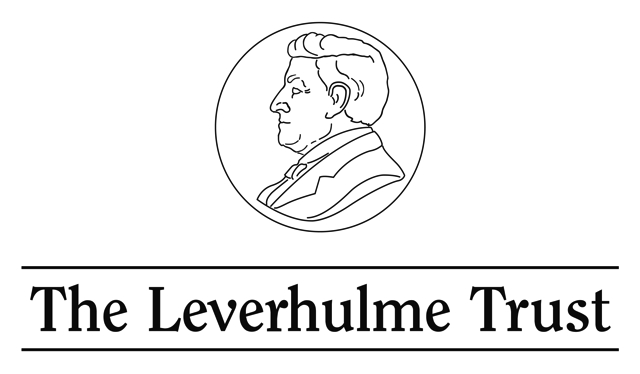Dr Susana Carvalho Wins Philip Leverhulme Prize for Outstanding Research
Dr Susana Carvalho, Associate Professor in Palaeoanthropology, and lecturer at St Hugh’s College, has received a Philip Leverhulme Prize for her research. This year, thirty prizes were awarded across five subject areas (Archaeology; Chemistry; Economics; Engineering; Geography; and Languages and Literatures) and each recognises ‘the achievement of outstanding researchers whose work has already attracted international recognition and whose future career is exceptionally promising’.
Susana’s work is at the foundation of a new academic sub-discipline: Primate archaeology. Her studies have revealed, for the first time, the behavioural patterns and contexts that generate modern chimpanzee tool assemblages that can be compared with those recovered from the past, for apes and humans. Susana’s research addresses some of the most challenging questions in the field of archaeology: How old is hominin technology? Which toolmakers can we associate with the first lithic industries? Can we document material culture in Pliocene deposits? What is the role of raw materials in the emergence of technology? When and how did technology-related behaviours (e.g. transport; selection) emerge? Which traits of individuals (e.g. age, skill) influence social learning and transmission of knowledge?
In 2008, as a Master’s student, Susana published a landmark paper showing that a mainstream archaeological schema, chaîne operatóire, could be applied to the elementary technology of apes. She then began excavations of a chimpanzee site in a Guinean forest, using mainstream archaeological methods and instrumentation. From 2009 onwards her research yielded further applications that shed light on basic aspects of technology, such as transport of raw materials, use-wear on tools, site formation processes, etc. As a post-doc, Susana continued to stretch the boundaries of these sciences, for example, employing GIS techniques to make sense of the wear patterns on the surfaces of stone tools.
This prize will allow Susana to set up a Primate Models Research Lab, and base in Oxford the large-scale projects that are starting. This includes laboratory and field equipment, lab supplies, travel and subsistence during field trips to Guinea (to study tool transport by chimpanzees), Kenya, Koobi Fora (for archaeological excavations in Pliocene deposits), and Mozambique, Gorongosa National Park (archaeological and paleoanthropological surveys of this unexplored part of the Rift Valley).
